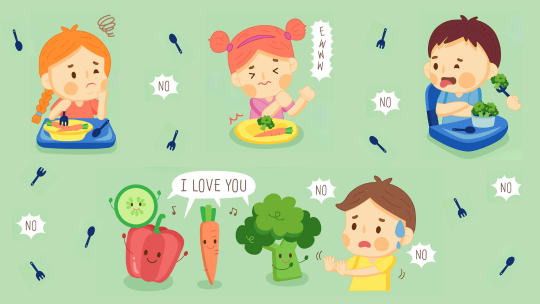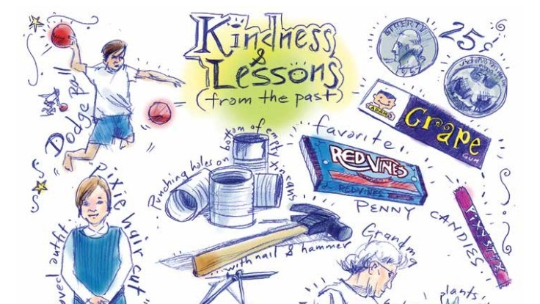A woman disembarks a plane. She’s just come from visiting her mother, who’s seriously ill. As she walks through the terminal, her phone buzzes back to life. She glances at her messages, only to learn her mother has passed away while she was in the air. She frantically searches for a safe haven as she feels the heat of tears coming on. She wanders into a restaurant that’s just opening, seats herself in a booth, and raises the menu as she begins to cry. A waitress appears by her side but doesn’t ask for the woman’s order. Instead, she pours a cup of tea, which she leaves at the edge of the table. But not before gently touching the back of the woman’s hand.
Valerie, a bereavement social worker at St. Francis Community Health Services, says she’ll never forget that waitress. It’s one of the reasons she dedicated her career to helping others navigate loss. Grief and bereavement often feel raw, but human connection can help make them manageable. Simple acts of kindness, even from a stranger, can ease the loneliness.
We usually rely on assumptive beliefs – our perception that the world is safe, predictable, and benevolent. When we experience unexpected grief, like that brought on by a global pandemic, our lives and routines are upended. We’re physically separated from our loved ones. Feelings of fear, irritation, and anger are amplified. It can make grief feel overwhelming.

Bereavement social workers help their clients connect with the resources they have within themselves to manage emotions and move forward. Here are a few coping suggestions from Valerie:
- Everyone expresses grief differently. Anger and numbness are just as normal as sadness. Take a moment to tune into what you’re experiencing. How are your feelings manifesting in your body? In your actions?
- Think of a time you’ve experienced grief. How did you get through it? What was your coping style? See if you can reconnect with healthy coping tactics that have worked in the past.
- Reach out and talk to loved ones about how you’re feeling. Don’t be afraid to set boundaries around what activities and level of interaction you’re comfortable with. Set clear expectations so friends and family know you may want to head home early or steer clear of certain topics.
- Create a new routine. Bereavement can leave caregivers feeling lost. Now’s the time to lean into routines that help, like meditation and prayer. Re-examine your new free time. How can you spend it doing things that bring you peace?
- Think of your news and social media intake as your nourishment. We need to stay aware of what’s going on in the world. But how much time do you spend scrolling? Pay attention to how you feel afterward and determine whether what you’re consuming is healthy.
- Look for beauty and gratitude in every day. It may seem impossible when you’re grieving, but training yourself to look for small moments of joy can transform your outlook over time. Try journaling so you can look back on happy moments when you’re feeling down.
If you’re experiencing grief or you’ve lost a loved one, see the Bereavement Network of Hawaii and Kokua Mau’s lists of resources. To receive St. Francis Community Health Services’ monthly mailings with information and words of support, call 595-7566 on Oahu.




